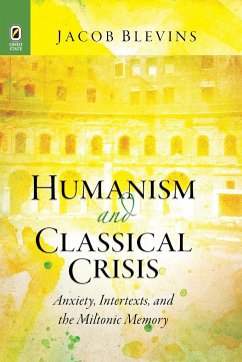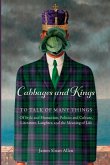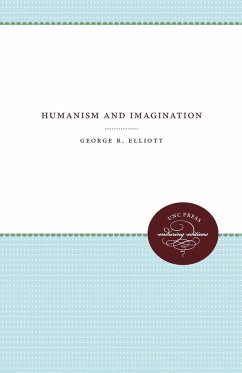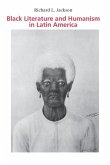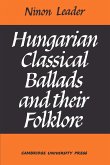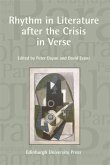While earlier critics have demonstrated significant insight into the relationship between the classical world and the early modern period, Humanism and Classical Crisis: Anxiety, Intertexts, and the Miltonic Memory, by Jacob Blevins, offers a new psychoanalytic approach to understanding classical reception, specifically during the early modern period. Blevins asserts that influence and imitation are primarily driven by anxious desires to identify the poetic self with the past while simultaneously affirming the autonomy and individuality of the self within its own cultural, ideological, and poetic moment. Since the poet cannot hold positions simultaneously in both past and present, anxiety irrupts as the poet fails to understand the fissures in his sense of identity and how that identity is articulated in poetic expression. Blevins grounds his approach in the theories of Jacques Lacan, whose work challenges the very notions of what identity is and, as a result, exposes the complexities of identity formation. Areas and authors covered include imitations and translations of classical works of the sixteenth and seventeenth centuries in England and France by Andrew Marvell, Edmund Spencer, Pierre Ronsard, Joachim Du Bellay, Ben Jonson, Sir Thomas Wyatt, and John Milton. This book not only provides a new perspective on early modern poetic imitation, but also offers a foundational methodology for examining the classical presence within the modern self.
Hinweis: Dieser Artikel kann nur an eine deutsche Lieferadresse ausgeliefert werden.
Hinweis: Dieser Artikel kann nur an eine deutsche Lieferadresse ausgeliefert werden.

